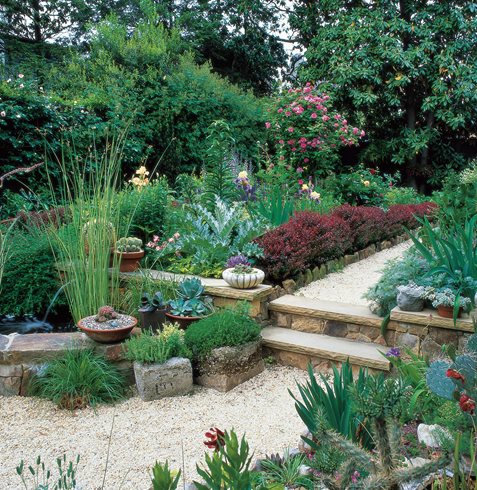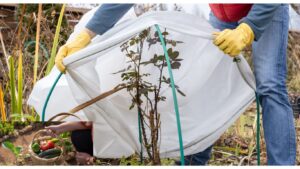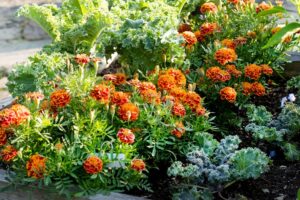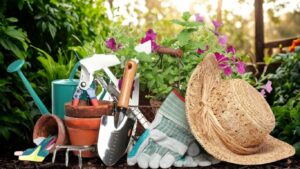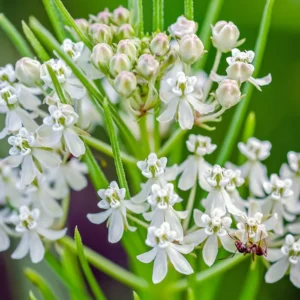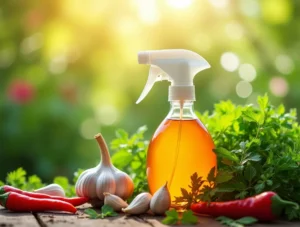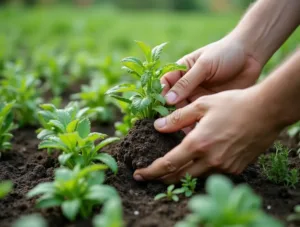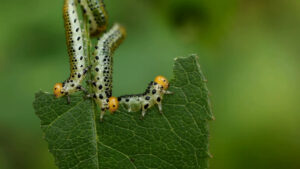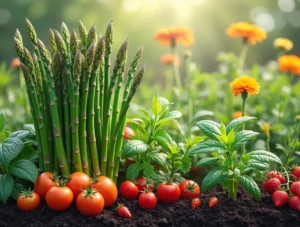Starting a garden is a simple way to consider it a gift to the environment, as it involves the inclusion of native plants to attract native insects and floral plants to attract pollinators. However, conventional landscapes also include plastic, a substance that we know is harmful to the environment. In reality, a significant portion of plastic detritus degrades into microplastics, which are detrimental to human health, wildlife, ocean life, and soil. If the notion of plastic in gardens is unfamiliar to you, consider the plastic wrappings on soil sacks, plastic flower pots, and even plastic mulch.
It is crucial to acknowledge the excessive use of plastic, implement a change, and minimize plastic in the garden. The transition to plastic-free gardening necessitates the adoption of new, more sustainable gardening practices. Are you prepared to explore methods for reducing plastic consumption?
On This Page
How straightforward is it to reduce the use of plastic in the garden?
When considering the reduction of plastic usage in the garden, keep the following in mind: Begin with the smallest scale. When it comes to reducing plastic in the garden, small measures are significant. Implementing a few straightforward measures could have a beneficial effect on all gardeners. The first step is to pinpoint the most evident ways in which plastic infiltrates the garden.
You may have heard about the U.N. agricultural agency’s report that plastic contamination is now widespread in agricultural soils, posing a threat to the health of both the Earth and human beings. This is partially attributable to large-scale agriculture’s use of plastic products to improve productivity, including plastic mulch, plastic netting, plastic tree guards, and implements and devices. Due to plastics disintegrating in the ocean and on land, microplastics are everywhere.
The black plastic you employ to suppress weeds in your garden is still plastic. However, that is not the entirety of the matter. Plastic containers and bags, along with plastic hand tools and power tools, deliver potting soil, fertilizer, potting plants, and other garden essentials. The use of plastic in gardens is so widespread that it is virtually undetectable. Reducing the use of these products is a modest yet critical step in the quest for a plastic-free environment. Continue reading for our key recommendations on how to reduce plastic consumption in your household.
Employ organic mulch.

The plastic sheets that we use as mulch in the garden are highly effective at warming the soil and suppressing weed growth. In fact, they can choke out weeds that have grown by preventing any sunlight from reaching them. However, farmers employ approximately one billion pounds of plastic mulch annually. Although it may be feasible to locate a recycling facility that will accept these used sheets, the process is challenging, and a significant number of them end up in landfills. Most recycling facilities do not accept black plastic objects.
Refrain from introducing these sheets into your garden. Use a sustainable, natural mulch instead. This could be as straightforward as straw, cardboard, dried grass clippings, or wood chips. It could also involve installing a compost heap in the backyard and turning your kitchen detritus into organic compost that works really well as mulch.
Avoid plastic plant pots.
Most garden stores sell transplants in plastic containers, and most end up in the garbage bin. Avoid this result by shopping at stores that allow you to recycle the pots or at shops that use pots made from paper, coir, or other plantable containers.

It’s also a good idea to get your plant starts from neighbors and friends when they trim or divide their own plants. If that doesn’t seem feasible, attend plant swaps or look at social networking sites. You might also buy bare root plants or start seeds at home in egg cartons or toilet paper tubes. For large planters, purchase pottery or wooden containers.
Use wood or metal raised beds.
Many of us install raised gardens in our gardens. These are wonderful when your soil isn’t good for growing, and they have the added benefit of being easier on the gardener’s back. Just be sure you use wood to construct them rather than plastic. Better yet, purchase eco-friendly metal beds.

Raised beds are a wonderful spot to recycle old wood. Tossing out a dresser? The drawers may work well in raised beds. Old wooden doors also work well, and wooden pallets are ideal.
Good-quality tools are metal or wood, not plastic. But plastic tools are out there, cheap, and available, including rakes, shovels, garden carts, and trowels. Pick durable tools. If you buy flimsy plastic, you not only bring that plastic into your landscape, but you’ll have to replace it quickly as it breaks. Opt for non-plastic hand instruments. Additionally, it is advisable to contemplate the possibility of distributing your gardening equipment to your neighbors. A modest toolshare is a beneficial way to foster community, and purchasing high-quality tools is a worthy reason to do so.
Prepare your own fertilizer.
Plastic does not compose fertilizer, which may lead you to question the validity of this recommendation. Simply visit the garden store’s fertilizer section. Most arrive in plastic containers.

Instead of dragging plastic containers into the garden, stir up homemade fertilizer for your plants. There are plenty of excellent articles out there about how to create fertilizer, most involving a mix of water and compost, poultry manure, grass clippings, and/or dry organic fertilizer.
We don’t know yet how to measure how new practices like these might affect plastic pollution, but we need to start somewhere. As gardeners, we care about the earth, our environment, and our food sources, so let’s get started on plastic awareness.
Frequently Asked Questions
Should I use black plastic in the garden?
Gardeners often use black plastic as mulch to inhibit plant growth. However, black plastic is a synthetic material that poses a significant environmental risk. Consider using biodegradable plastic mulch, which decomposes when tilled into the soil. Better yet, use organic compost.
What are the most suitable plastics for use in a garden?
If you need black plastic in the garden, we recommend using biodegradable plastic. However, it will cause less environmental damage than non-biodegradable plastic, despite the fact that the verdict may not be in yet.
